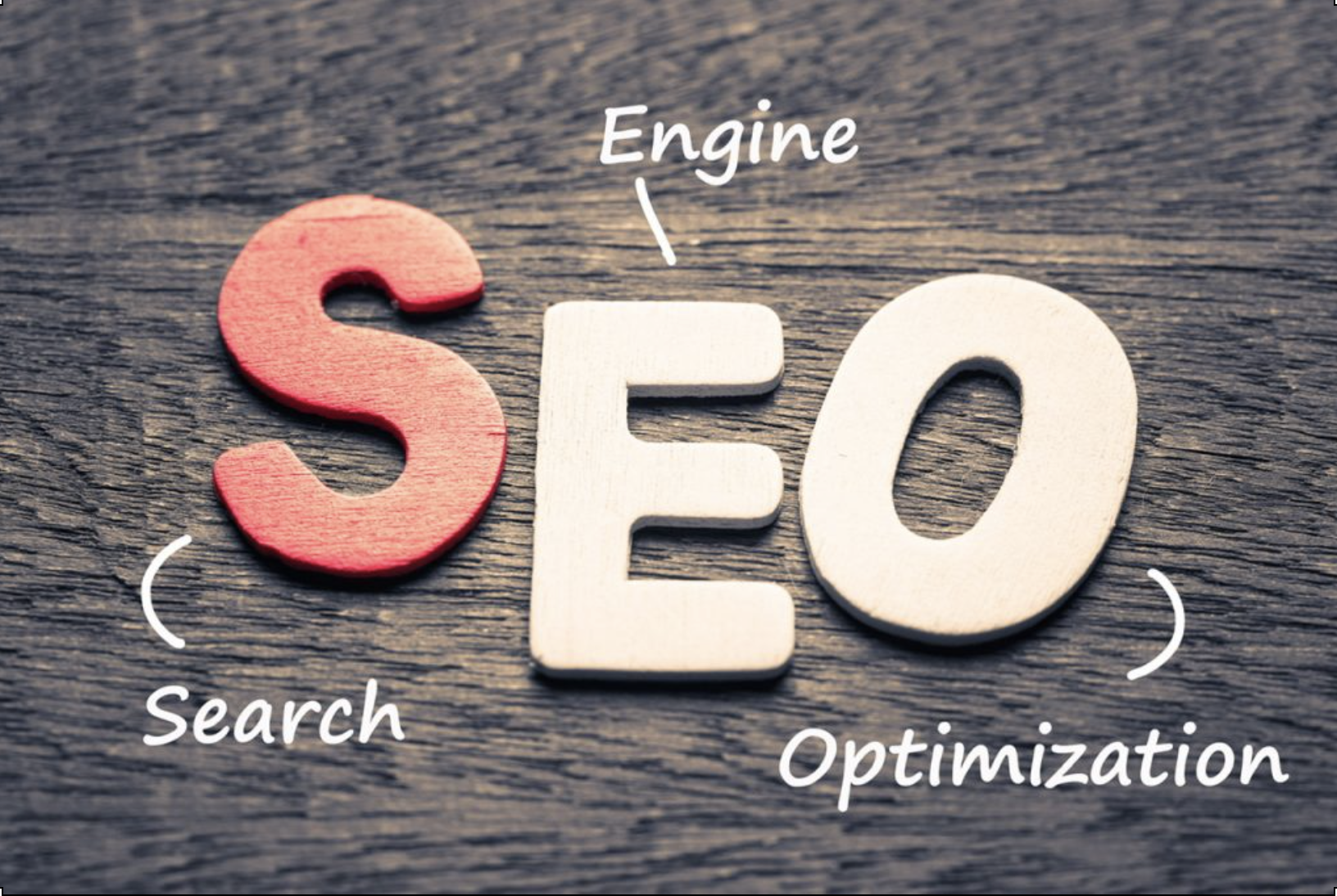SEO (Search Engine Optimisation) is a term that remains a mystery to many business owners, executives, and managers. There are many reasons for this, including the fact that there is often confusing messaging around SEO, such as what it is and the results that can be achieved by implementing it.
The part of SEO that is easy to understand is the objective (i.e. to improve your organic rankings on search results pages for keywords that are important to your business). This includes keywords that you currently rank for as well as keywords you might not rank for at the moment.
(Keywords, for those of you who are unsure, are the words or phrases that people type into Google and other search engines when doing a search.)
What does SEO involve, however, and how can it improve your business?
The Importance of Rankings
Everything around SEO centres on the fact that the higher up a search results page your website appears, the more clicks you are going to get. It’s a simple equation, really: The website in position one gets the most clicks followed by the website in position two and so on.
So to beat your competition in Google and get higher rankings, you need to engage in SEO either yourself or through an SEO agency.
The Google Search Algorithm
Much of the focus of SEO is on Google as it is the most widely used search engine. Google search is driven by the Google search algorithm.
This is basically a software program that decides on the ranking of each website when a user performs a search. Here’s a brief overview of how Google search works:
- Google has bots that crawl the web to find and read website pages.
- It puts the pages it finds into its index, known as the Google Index.
- When a user performs a search in Google, the Google search algorithm goes to the index to find all the pages that are relevant to that search.
- The algorithm then ranks those pages and presents them to the user on a search results page.
How does the algorithm make its decisions on which website pages to include in a search result and where to rank those pages?
It does this by using ranking factors. These are things the algorithm considers when it looks at each website page. Most SEO professionals believe there are in excess of 200 ranking factors, although some are more important than others.
The main goal of SEO is to optimize your website for the ranking factors that are most important. The aim of this is to demonstrate to Google that your website pages are high quality and are the best pages to answer users’ questions.
The ranking factors that are most important in SEO can be split into two main categories:
1. On-page SEO
2. Off-page SEO
1. On-Page SEO
On-page SEO involves optimizing your website according to what we know about Google’s ranking factors. This includes:
- Ensuring your website includes the most important keywords for your business.
- Optimising the structure of your website, including navigation, usability, and speed.
- Ensuring the text and headlines on the pages on your site are optimized and include relevant keywords.
- Optimising page titles and meta descriptions.
- Ensuring your website provides a good user experience
On-page SEO is the type that is usually referred to as ‘organic’. The word organic distinguishes between paid results (called Pay Per Click/PPC) using ad platforms such as Google Ads and unpaid for results. Off-page SEO is a specialist job for which you should consider using a professional.
2. Off-Page SEO
Off-page SEO involves ensuring your website and business are as visible as possible on the Internet.
Links, or ‘backlinks’ (links back to your site) are central to this process. This is where a third-party website adds a link to your site. This could be a link in a blog article, for example, an image link, a listing, or any other type of link.
Backlinks are a complex part of SEO that deserve a blog post or two of their own. In basic terms, however, backlinks tell Google that a person liked your content and/or thought it was good enough to link to. In other words, they are a bit like a vote for your website page.
Backlinks are not the only part of off-page SEO that are important however. Mentions of your business, for example, even without a link, are important too.
A professional can research and negotiate to obtain these links for you from good quality, high ranking, relevant websites, plus they can set up the paid search ads mentioned above (PPC).
What SEO Can Do for Your Business
The first thing to remember when it comes to SEO is you cannot guarantee anything. Nobody controls the position of a website on a search results page. The only thing that controls this is the Google search algorithm.
What you can do, however, is give your website the best possible chance of appearing as high up on as many search results pages as possible by optimising based on the information above. This will bring more traffic to your website, benefiting your business.
As usual, any questions, just shout!

